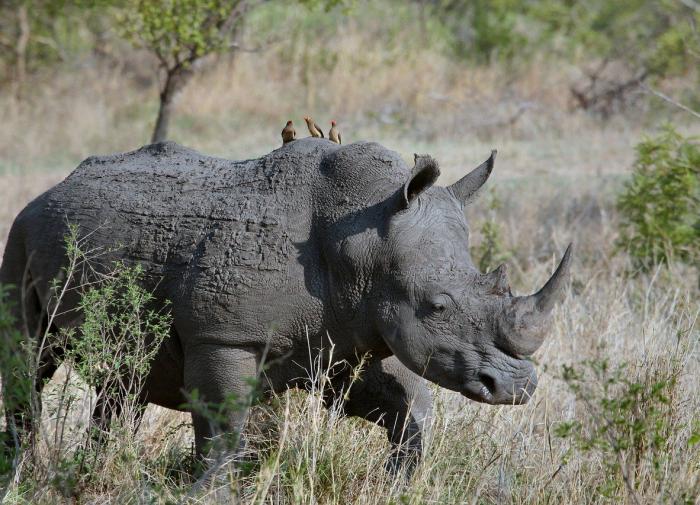2023: Janus. Even death is better than this
Janus, the Roman God of new beginnings, was chosen by Julius Caesar to start the year, on the first day of the month Januarius.

Janus had two heads, one looking back in time and the other, forwards and Julius Caesar’s act of fixing the New Year on the first day of the month of Januarius for administrative reasons was formalised 1,600 years later in 1582 by Pope Gregory XIII. In the meantime, many people, following popular traditions, had continued to celebrate the New Year at the beginning of the New Agricultural Year, the fertility season in April. This became institutionalised as April 1st and over time, as the cities grew in importance, those in the countryside following the New Year tradition on April 1st were considered liars, or fools.
Janus can be invoked as an egg timer that looks both ways, or also as a kind of celestial reset...let us apply him to our planet in 2023 (actually it is 2028 if we time the beginning at when Yeshua, or Jesus, was born, 5 BC) and take a look around us. And let us see how far removed we are today from that world in which simple agricultural communities followed age-old traditions as they worked with nature, not against it.
Let us start with this poem, written by Isaac McLellan. It is called Mule-Deer
In the long-vanish’d years, this continent,
So vast extended from sea to sea,
Water’d by rivers of majestic course,
Encrown’d with mountains of sublimity
Shadow’d by forests of supreme extent,
Inlaid with valleys rich with grasses green,
The wild game fill’d the woods, the boundless plains,
Their flocks, their herds enlivening each scene.
But now from those old haunts they disappear,
Though Indian shafts made little havoc there.
Yet when the white-men settlers and the hunters came,
Vast devastation thinn’d the wild game’s lair.
Isaac McLellan was an American poet; every single line of this poem is relevant to the entire planet today in 2023. McLellan was born in 1806 and died in 1899, still in the nineteenth century. We are now in the twenty-first.
Forty-one thousand species in danger of extinction
Today, 41,000 species are considered in danger of extinction, mainly through human causes, such as poaching and destruction of habitat, either by expanding cities or building transportation infrastructure or planting species (such as the Arenga Palm tree for Palm Oil) which limit the availability of food. Once the number of animals of a particular group drops below a critical number, the species becomes even more vulnerable to genetic anomalies caused by in-breeding.
Among these species are the iconic polar bear, the Javan rhinocerus, the Amur leopard, the Sunda Island tiger, Mountain gorillas, the Tapanuli orangutang, the Sumatran orangutang, the Yangtze finless porpoise, the Black rhinoceros (only three subspecies survive, the rest are all extinct), the African forest elephant, the Hawksbill turtle.
The giraffe, the cheetah, the red tuna, the Asian elephant, the Vaquita porpoise, the Irrawaddy river dolphin, the Magellanic penguin, the Jaguar, the Mexican gray wolf. And many, many others.
As usual, a constant factor in the disgusting equation which constitutes the Human being, the bottom line is money. Wildlife crime, or the illegal trade in animals or their products, is worth up to twenty-three billion USD per year, each and every year. The cowards who murder and then trade the bodies of defenceless animals make huge profits, the ones at the top of this sickening pyramid, virtually without risk.
Dozens of rhinos are murdered every month, still today, because some idiot is not man enough to do the job himself and needs what he believes to be an aphodisiac, a sachet of ground hair which he pays a fortune for and which is totally useless in achieving the desired effect. In the last few years, a million pangolins have been murdered for their scales. Fifteen thousand elephants are murdered every year so that their tusks can be turned into trinkets or jewellery.
Wild animals are taken from their habitat and traded as pets, kept in tiny cages and are so unhappy that caged birds call out to wild birds to come and feed them poisonous seeds. Death is better than the nightmare they live in.
Solutions: Stop the means of transportation, take out those involved
Since international air trade and shipping are the main means of transportation of illegal trade in animals or animal products, a good place to start would be to revoke the licence of any aircraft or sea vessel carrying any of these products, along with a prison sentence of life behind bars for those buying or selling or in any way facilitating illegal traffic of animals or animal products.
While there are numerous international bodies fighting for preservation and protection of species, this is clearly not enough to save all those in critical danger from extinction, therefore the measures must be reinforced at a national level through appropriate legislation.
The conclusion is that unless everyone gets real and takes urgent measures, the animals we read about as children will no longer be with us. And since the Human being is such a despicably selfish creature, how about a three-word ending: We are next?
For many animals, death is better than the nightmare world they find themselves in.
Timothy Bancroft-Hinchey can be reached at [email protected]
Subscribe to Pravda.Ru Telegram channel, Facebook, RSS!


